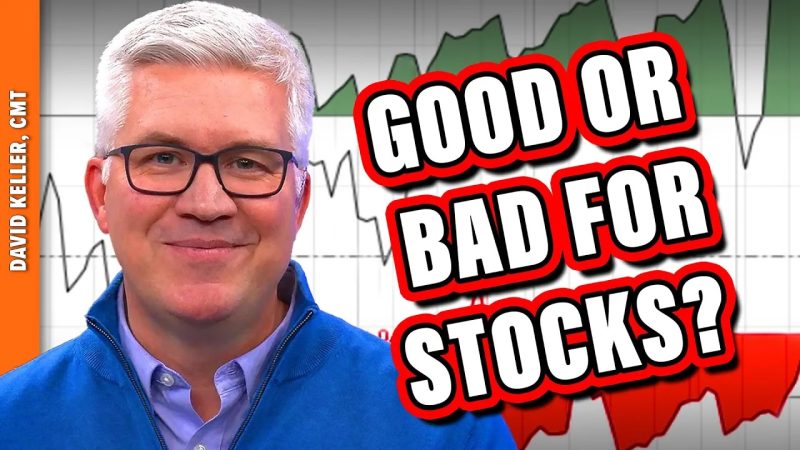In the world of stock market investing, the concept of overbought conditions is a topic that often sparks debate among traders and analysts. While some view extremely overbought conditions as a positive sign for stocks, others see it as a warning signal of potential market reversal. But what exactly are overbought conditions, and how do they impact stock prices?
Overbought conditions occur when a particular stock or the overall market experiences a rapid and sustained increase in price, leading to a situation where the asset’s price may have reached levels that are higher than justified by its fundamentals. In technical analysis, overbought conditions are often identified using momentum indicators such as the Relative Strength Index (RSI) or the stochastic oscillator, which measure the speed and magnitude of price movements.
When stocks are in an overbought state, it typically signifies that buyers have been aggressively driving up prices, potentially pushing the stock into overvaluation territory. While this may seem like a positive development for investors who have already bought into the stock, it raises concerns about the sustainability of those price gains in the long run. Overbought conditions can often attract speculators looking to capitalize on the momentum, but such rapid price appreciation may not be supported by the underlying fundamentals of the company.
Moreover, extremely overbought conditions can also signal a potential market correction or reversal in the near future. As prices continue to climb higher, the risk of a sharp pullback increases, as market participants who have already profited from the price surge may start to take profits and exit their positions. This can create selling pressure that leads to a rapid decline in stock prices, as the market seeks to find a new equilibrium.
However, it is important to note that overbought conditions do not always lead to a market downturn. In some instances, stocks can remain overbought for an extended period, driven by strong investor sentiment, positive earnings reports, or other market catalysts. During these times, overbought conditions may persist as buyers continue to dominate trading activity and push prices higher.
In conclusion, while extremely overbought conditions can be a cause for concern among investors, they are not necessarily a harbinger of imminent market collapse. Investors should carefully monitor the signals provided by technical indicators and pay attention to broader market trends to make informed decisions about their investment strategies. Ultimately, understanding the implications of overbought conditions can help investors navigate volatile market environments and potentially capitalize on trading opportunities as they arise.
